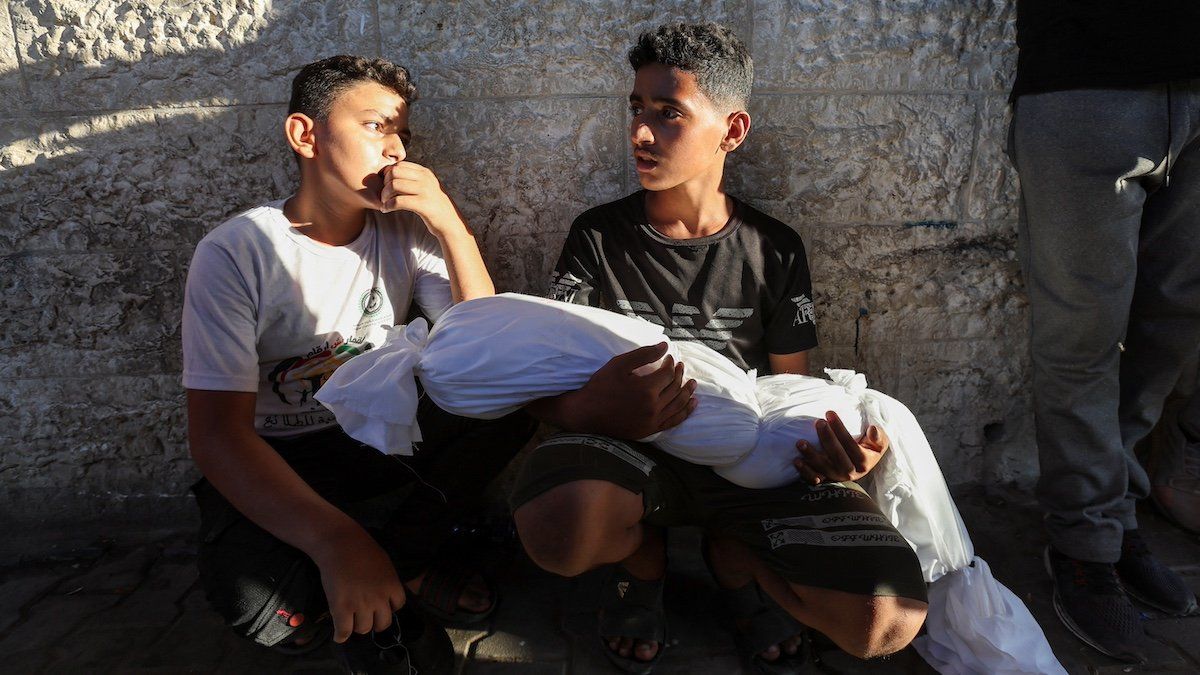US Secretary of State Antony Blinken has left a crosshatch of contrails over the Middle East this week, as he seeks to broker an elusive cease-fire and hostage release deal between Israel and Hamas.
After meeting with Israeli Prime Minister Benjamin Netanyahu in Israel on Monday, he met Tuesday with Egyptian President Abdel Fattah El Sisi near Alexandria and then flew to Doha, where he was to meet with Qatari officials.
Although Israel showed some interest last week in a US “bridging proposal,” Hamas and Israel are still far apart on the extent of Israel’s post-cease-fire presence in Gaza, the phasing of hostage releases, and the conditions for an end to the war.
Meanwhile, Hamas has resumed suicide bombings within Israel, and the IDF continues to pound targets in Gaza, killing dozens of people in the past several days.
All of this comes as Israel awaits Iran’s response to the IDF killing of a top Hamas commander in Tehran in July.
Tehran is gauging how to save face and inflict a cost on Israel without triggering a wider war that could be ruinous for Iran’s fragile economy and nuclear program. A cease-fire would be a convenient excuse for Iran to chill out on any big, risky show of force.
The Biden administration, meanwhile, wants to calm things down in Gaza as Kamala Harris heads toward homestretch of the election.
But Hamas and Israel may want more war, says Firas Maksad, a senior fellow at the Middle East Institute.
For Netanyahu, humiliated by the Oct. 7 attacks and wary of his post-war political fate, a wider conflict is a “once-in-a-generation opportunity” to smash Hezbollah’s threat to Israel’s northern border, says Maksad. Much of northern Israel is already evacuated, Israel is already on a war footing, and US forces are spread throughout the region to contain Iran.
Hamas chief Yahya Sinwar, meanwhile, would love to draw in Iran and Hezbollah as a way to ease the Israeli pressure on Gaza. “This is how he wins,” says Maksad. “He wins if this becomes a much broader conflict.”
All of that puts Washington and Tehran out of sync with what’s happening on the ground. “They sound like they’re out in la-la land,” in Maksad’s view. The best-case scenario, he says, is a limited, phase one agreement that falls apart within weeks.
“It’s a classic situation where you have outside players trying to wrangle the local players into things they don’t want.”
